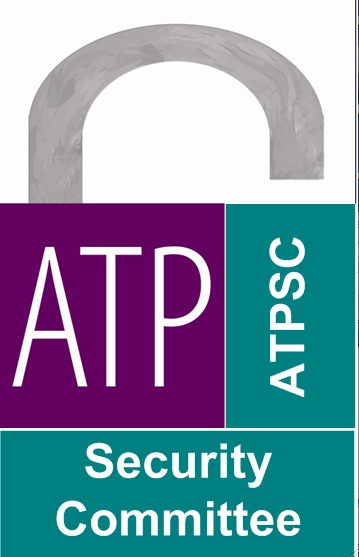|
PURSUING PAYMENT PROVIDERS A new way to fight online copyright infringement By Jake Vogt, ATP Writer In a move that will hopefully make it easier to fight online copyright infringement, payment processing companies including American Express, Discover, MasterCard, PayPal, Visa and others have adopted a new set of "best practices" for handling claims against websites selling infringing content. It's a hopeful development in a fight that has been frustratingly impractical in the recent past. "The [infringing] sites are getting smarter, and moving their web hosting off shore, out of “range” of a DMCA notice," said Joe Cannata, Sr. Manager of Certification at Brocade University. Cannata, a member of the ATP Security Committee, has had firsthand experience trying to remove infringing material from the web. "Infringers are also relying on credit card companies more, and less on PayPal and transaction agents like PayPoint.net. That is another huge wall. There is no easy way to contact a MasterCard, Visa, JCB, AmEx or even Discover to get them to go after this kind of fraud." That's a problem because the regulation of online infringement has largely been left to the private sector, for lack of helpful legislation. It's why the new set of best practices is so encouraging: it represents an attempt to streamline the process by which rightsholders can go after infringers by facilitating direct interface between rightsholders and payment processors. The process is fairly straightforward. Payment processors agree to provide on their websites email addresses designated for bringing infringement to their attention. Anyone who holds the rights to infringing material being sold using the processor's services can send the processor an email containing the following: -The web address where infringing material is being sold and the location of the offending material on that site. Specificity is important, especially if the website is also hosting non-infringing material. -Evidence that the processor's services are being used by the infringers--a screenshot featuring the processor's logo will do. -If you have them ready, you may send copies of DMCA notices or cease-and-desist letters to the merchants themselves; otherwise, simply state to the processor that the infringer does not hold the rights to the material. -A statement that you do hold the rights in question. This can be informal. The payment processor will take it from there. They will first ask the infringing merchant to provide evidence that they are not selling the infringing material. If this evidence is not provided to the processor's satisfaction, the merchant will be warned to prevent future infringement. Noncompliance with this warning will mean the suspension of the processor's services. There will be mechanisms in place for merchants to dispute claims, and in the event that the merchant does show the claim of infringement is false, the rightsholder may be asked to reimburse the processor for any costs incurred in addressing the claim. Although the best practices are voluntary and nonbinding, Cannata is optimistic. "I have complete confidence in the payment processors going after fraud," says Cannata, citing an encouraging precedent. "The PayPal Acceptable Usage Policy violation form is an excellent vehicle. PayPal reacts, the infringing site does not want to lose money, and my content is off the infringement site. These infringers can hide remotely, but they all seek money to operate. Cutting off their money is the best means to get after them." For more information on this issue or other security related issues contact the ATP Security Committee [email protected] |


